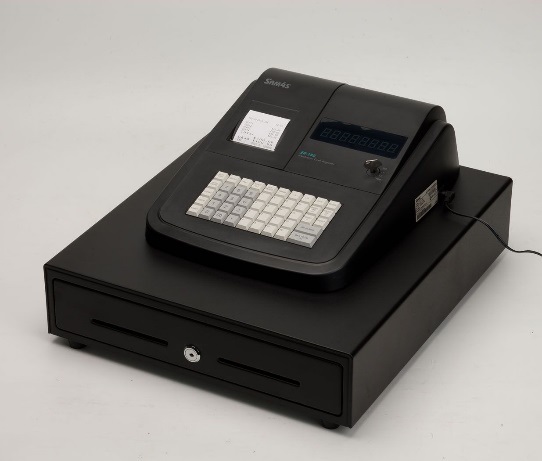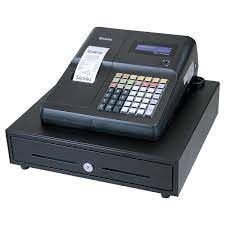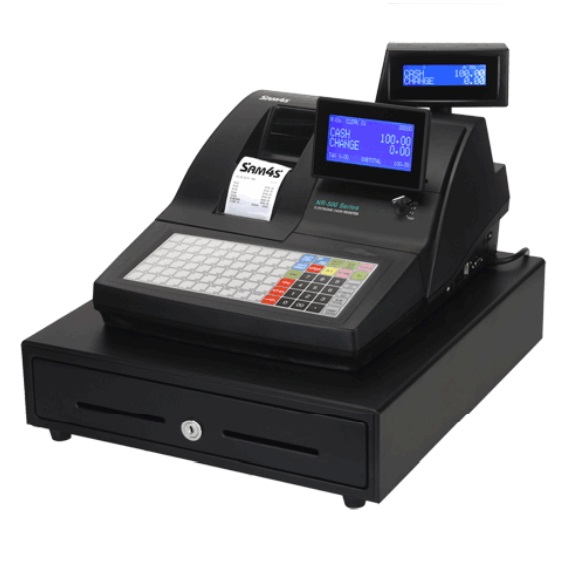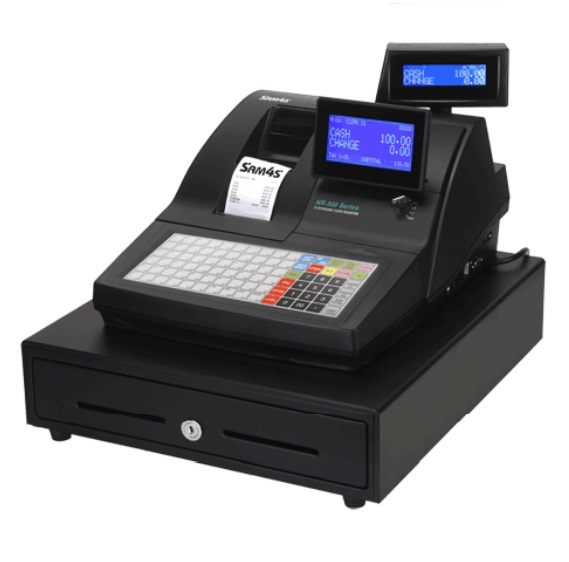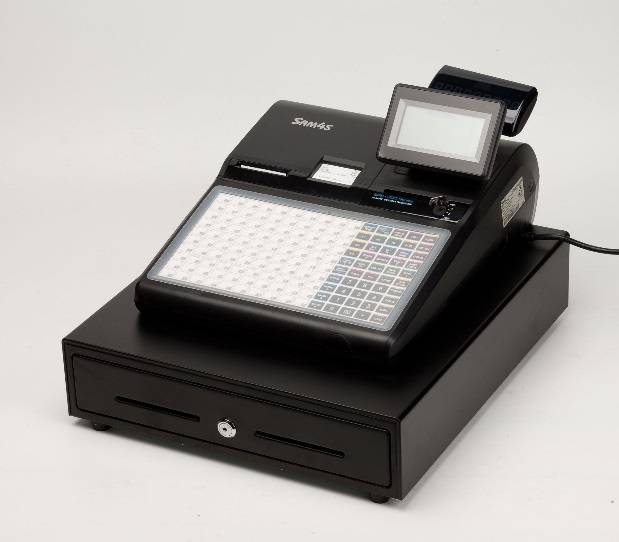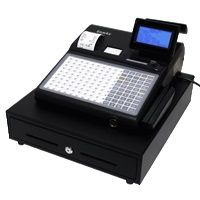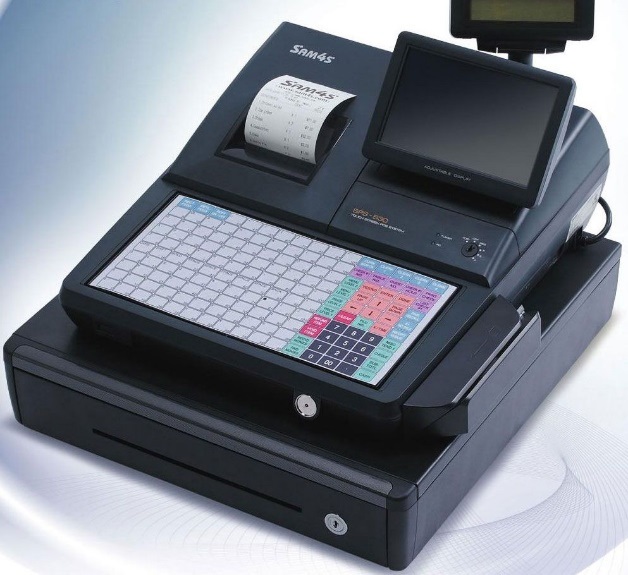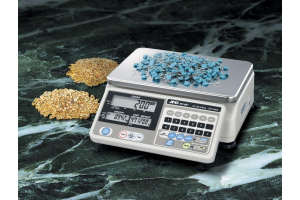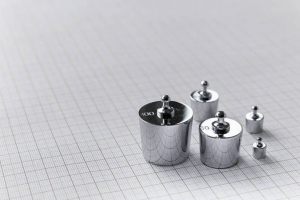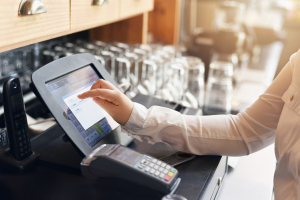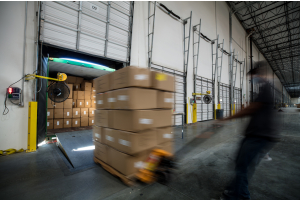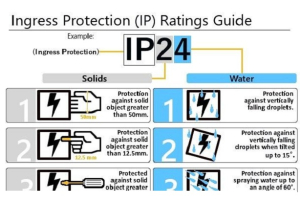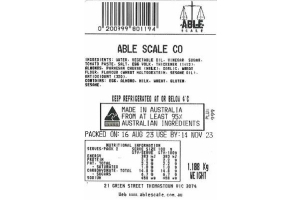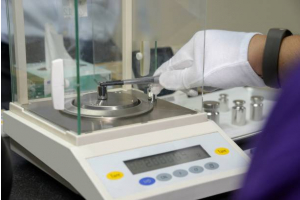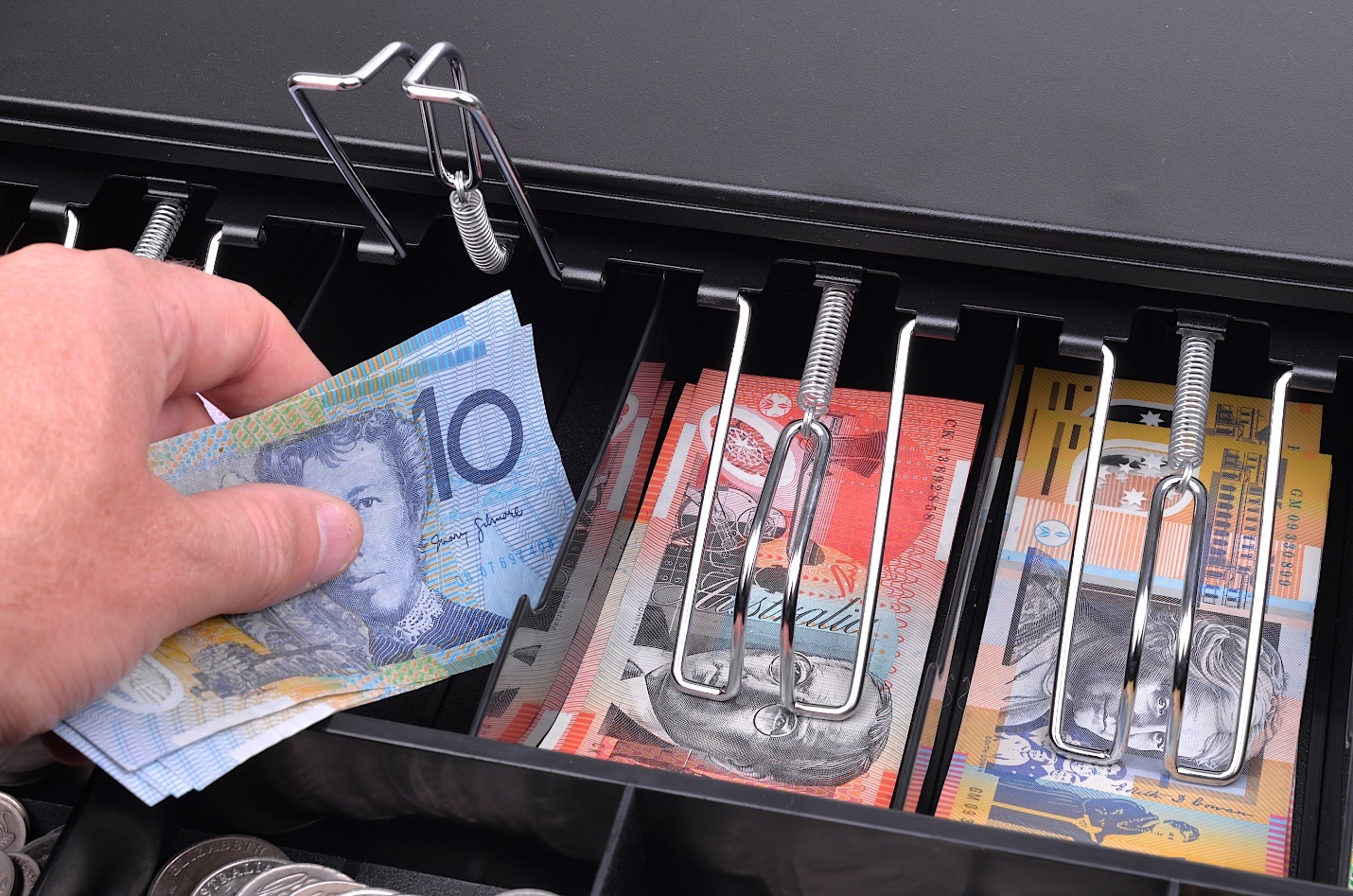
Cash registers are an integral part of any business. They keep track of all the money that is paid in and out, making sure that your cash is balanced at the end of the day.
At first glance, they may seem like a basic necessity but there are actually many different types to choose from. The type you need will depend on what your main focus for your store is going to be, as well as how many sales transactions you make per day.
But with so many different types and models of cash registers on the market, how do you know which one is right for your business?
What is a cash register
A cash register, also known as a till, is a machine used to record the amount of money owed by customers purchasing goods or services. The cash register may be connected to peripheral devices to record or export information, such as a debit or credit card reader, kitchen printer, scale or scanner.
There are many different types of cash registers, so it is important to choose the right one for your business. The following factors should be considered when choosing a cash register:
- The type of business: Retail businesses will need a different type of cash register than restaurants or cafes.
- The size of the business: A small business will need a different type of cash register than a large business.
- The budget: Cash registers can range in price from a few hundred dollars to several thousand dollars. It is important to find a cash register that fits your budget.
- The features: Cash registers come with a variety of features, such as built-in scanners and printers. It is important to choose a cash register that has the features you need.
- The warranty: Cash registers come with different warranties. It is important to choose a cash register with a warranty that meets your needs.
When choosing a cash register, it is important to consider the type of business, the size of the business, the budget, the features, and the warranty. By considering these factors, you can find the perfect cash register for your business.
Types of Cash Registers
There are three types of cash registers: basic, mid ranged electronic, and computerised cash registers.
Basic cash registers
Basic cash registers require the cashier to enter each sale amount manually through the numeric keyboard. Basic cash registers are generally limited in features and have little or no pre-programmable buttons Or PLUs (price look up) This type of cash register is best for businesses that make a limited number of sales each day, or as a back up register.
Mid-Range Electronic cash registers
A Mid-Range Electronic cash register will suit most retail businesses who need to calculate the total sale amount and print an itemized receipt for the customer. A Mid Range cash register can be pre-programmed with product information, pricing, business logos and more. This type of cash register is best for businesses that make a large number of sales each day.
Computerised cash registers
Computerised cash registers can do both manual and electronic tasks and have other features like tracking inventory and table management in hospitality. This type of cash register is best for businesses that need advanced features like those mentioned above.
Able Scale provides the below cash registers based on business requirements:
entry level cash registers, mid-range cash registers and network cash registers.
Entry-level cash registers
Entry-level cash registers are electronic, and they are the most basic type of cash register. They are perfect for businesses that make a limited number of sales each day. Entry-level cash registers are easy to use, and they come with all the features you need to process sales.
If you're looking for a basic and affordable cash register, an entry-level Sam4s models is the best option.
Example:
1. Basic Cash Register - Sam4s ER180U
The ER180U cash register is ideal for the small retail shop due to its compact design and entry level price point.
2. Basic Electronic Cash Register - Sam4s ER260J Series
The ER260J cash register is simple and easy to use and is big on features. Ideal for smaller retail environments the ER260J has the features you need without the price tag.
Mid-range cash registers
Mid-range cash registers are a great option for businesses that are looking for a quality machine without spending too much money. These registers offer a variety of features, including the ability to print receipts and track inventory. They are also typically more affordable than high-end models, making them a great choice for small businesses on a budget.
When shopping for a mid-range cash register, it's important to consider the needs of your business. Some features to look for include the ability to print barcodes, track sales and returns, and calculate taxes. It's also important to make sure the register is compatible with your accounting software, so you can easily track your sales data.
If you're looking for a quality cash register that doesn't break the bank, a mid-range model is a great option. Be sure to consider the features you need before making your purchase, so you can find the perfect machine for your business.
If you're looking for a mid-range, quality cash register, Sam4s models is the best option.
Example:
1. Thermal Cash Register Single Station - Sam4s NR510
The NR510 Cash Register is suited for a wide range of retail and hospitality environments. With its bright user display the NR510 makes operation easy and user friendly.
2. Thermal Cash Register Dual Station - Sam4s NR520
The NR520 Cash Register is suited for a wide range of retail and hospitality environments. With its bright user display the NR520 makes operation easy and user friendly.
Network Cash Registers
Network cash registers are perfect for businesses that need to track sales and inventory across multiple locations. These systems allow you to connect multiple cash registers to a single computer, so you can easily track sales and inventory data for each location. They also make it easy to transfer sales data between stores, so you can see how your business is performing overall.
POS Systems
POS (point of sale) systems are much more than just cash registers – they’re complete sales and inventory management systems. POS systems can track customer information, so you can build a database of your best customers. They can also help you manage your inventory, so you can keep track of what products are selling well and re-order them as needed. POS systems typically come with a variety of features, so you’ll need to decide which ones are right for your business.
Mobile Cash Registers
Mobile cash registers are perfect for businesses that need to take their register on the go, such as food trucks or pop-up shops. These systems allow you to process payments anywhere, so you don’t have to worry about being near a power outlet or Wi-Fi connection. Mobile cash registers typically come with built-in printers, so you can print receipts on the spot.
Cloud-Based Cash Registers
Cloud-based cash registers are perfect for businesses that want to be able to access their sales data from anywhere. These systems allow you to process payments and track sales data from any internet-connected device. Cloud-based cash registers typically come with a variety of features, such as inventory management and customer tracking.
Example:
1. Sam4S System Cash Register (SPS320)
The SPS320 cash register is a high-speed register, ideal for multi lane retail environments. The register is available in either a raised keyboard or flat keyboard version.
2. Sam4S System Cash Register (SPS340)
The SPS340 cash register is designed for hospitality environments.
With a multi-line display system capability, and dual paper station, it is well suited to small to medium retail applications.
3. Sam4s Touch Screen Cash Register (SPS530FT)
The SPS530 combines fast keyboard entry with intuitive touch screen operator display. It gives you the benefits of a POS system in a familiar cash register operation.
How to choose the right cash register for your business
When choosing a cash register for your business, there are a few factors you'll need to consider. The first is the type of business you have. If you're a small business, you'll likely need a cash register that's compact and easy to use. If you're a larger business, you may need one that has more features and can handle more transactions.
Another thing to consider is the type of payments your business accepts. If you only accept cash, you'll need a cash register that can handle notes and coins. If you also accept debit and credit cards, you'll need a machine that can process those payments.
Finally, think about your budget. Cash registers vary greatly in price, so be sure to pick one that's within your budget. With these factors in mind, you should be able to choose the perfect cash register for your business!
Able Scale provides Sam4s Cash Registers:
Sam4S: Has a full range of options for retail, hospitality, ticketing and supply chain logistics, transportation, including POS terminals, EFT-POS terminals, receipt printers, handheld computers, and electronic cash registers.
The type of register you choose will depend on the size and complexity of your business. If you have a small business with limited products and services, a basic electronic cash register may be all you need. If you have a larger business with more complex inventory and transactions, you'll need a computerised cash register to manage everything.
When choosing a cash register for your business, make sure to consider the features that are important to you and your customers. Be sure to ask questions about things like reporting capabilities, customer tracking, tax calculations, and other special features that may be important to you.
Have questions about our products and services?
We are here to help. Please fill in our online enquiry form below, and we will respond to you within the next business day.



 Call us Today
Call us Today
